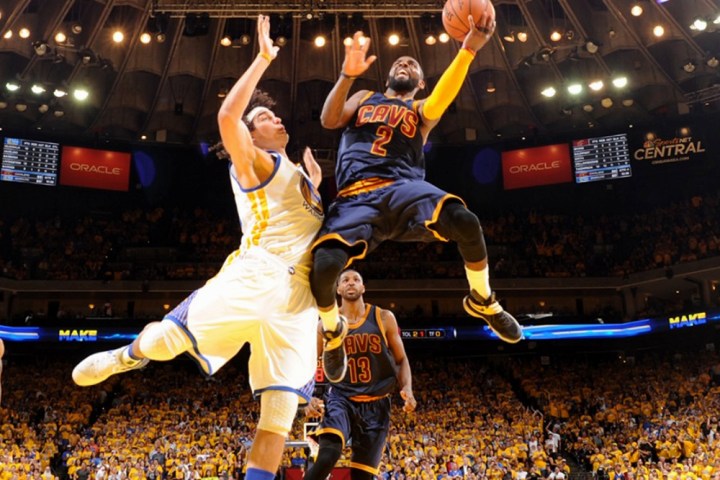
The film demonstrates how VR technology might be used to augment traditional video experiences. Follow My Lead was shot with 360-degree cameras, so viewers can turn their heads while watching to see any aspect they like of any given scene.
This means that you can immerse yourself in the crowd and see how others react when LeBron James pulls off a particularly impressive dunk. Some more unusual moments were also captured — the memorable tumble taken by a cameraman during Game 6 is apparently even more visible than it was on the television broadcast.
Creed and The Wire actor Michael B. Jordan was called upon to provide narration for the documentary. Meanwhile Brooklyn-based outfit m ss ng p eces — perhaps best known for working on the video for Daydreaming from Radiohead’s A Moon Shaped Pool album — handled production duties.
It will certainly be interesting to see whether Follow My Lead starts a trend of documentary content designed to be viewed using VR hardware. Despite the film’s lengthy runtime, watching it in this format is apparently not as conducive to headaches and discomfort as you might expect, according to a report from Engadget.
Follow My Lead is an ideal way to relive the conclusion of last year’s championship series before the 2016-17 season gets underway next month. The film has been designed to be viewed on the Samsung Gear VR headset, and is available now as a free download via the Oculus Store.


